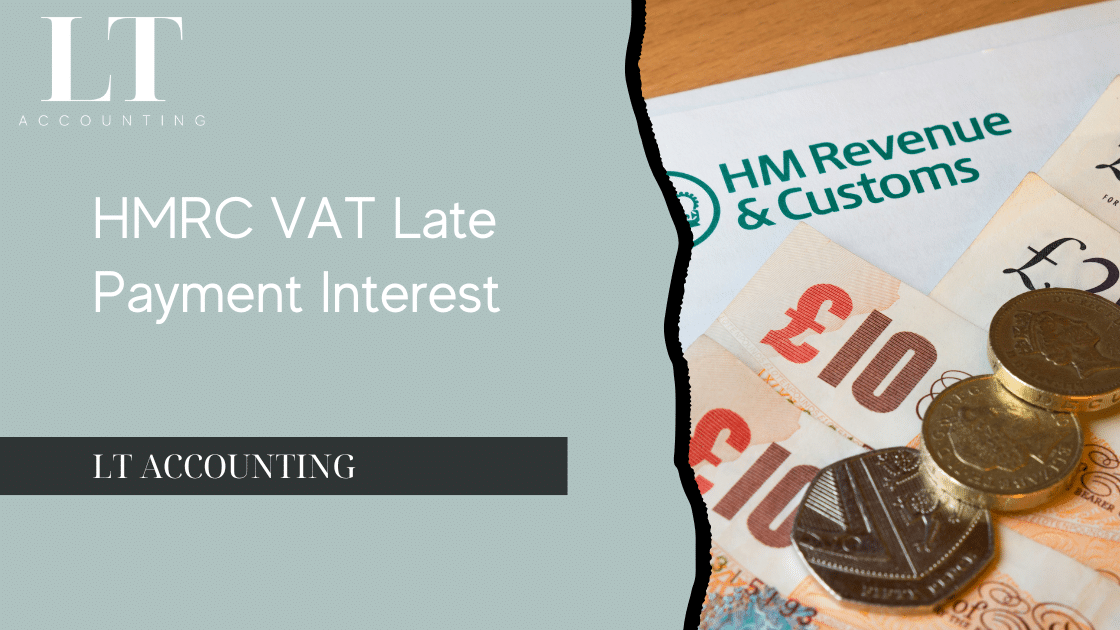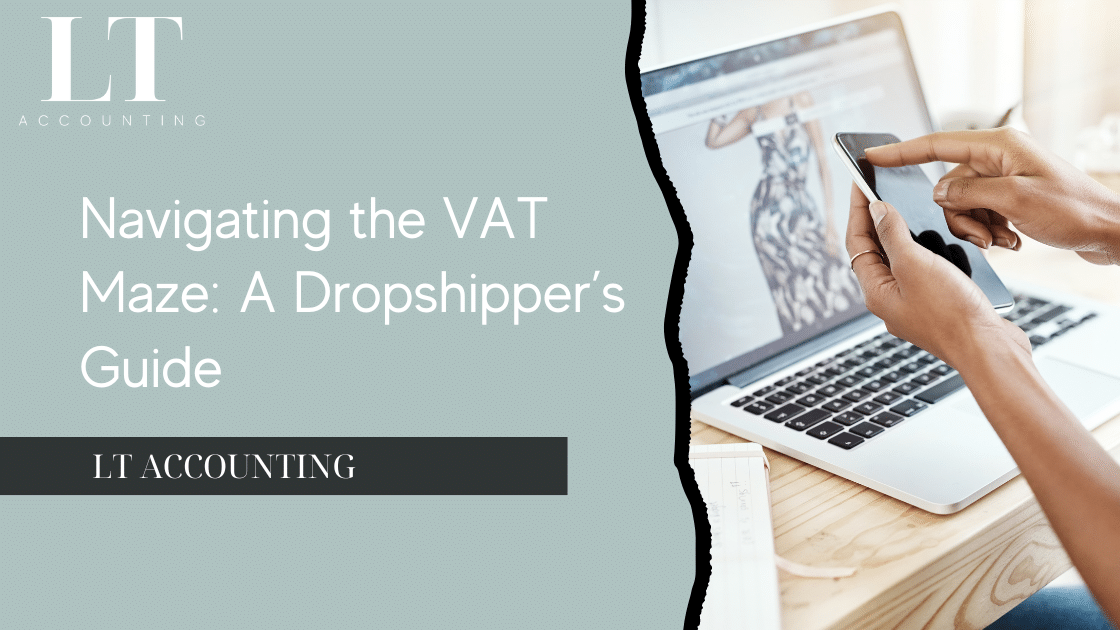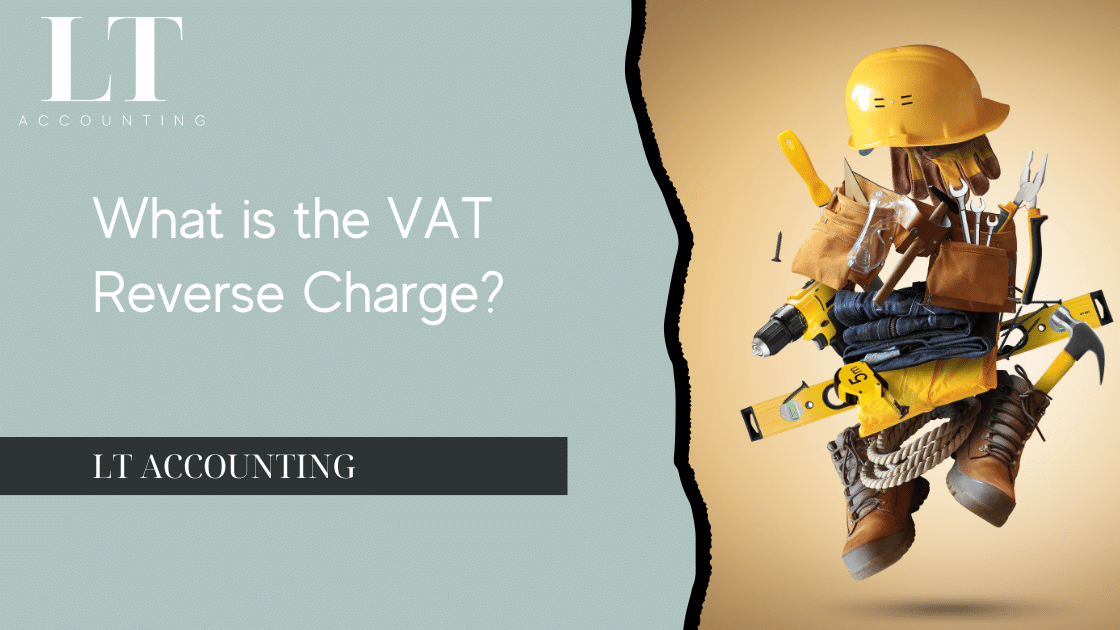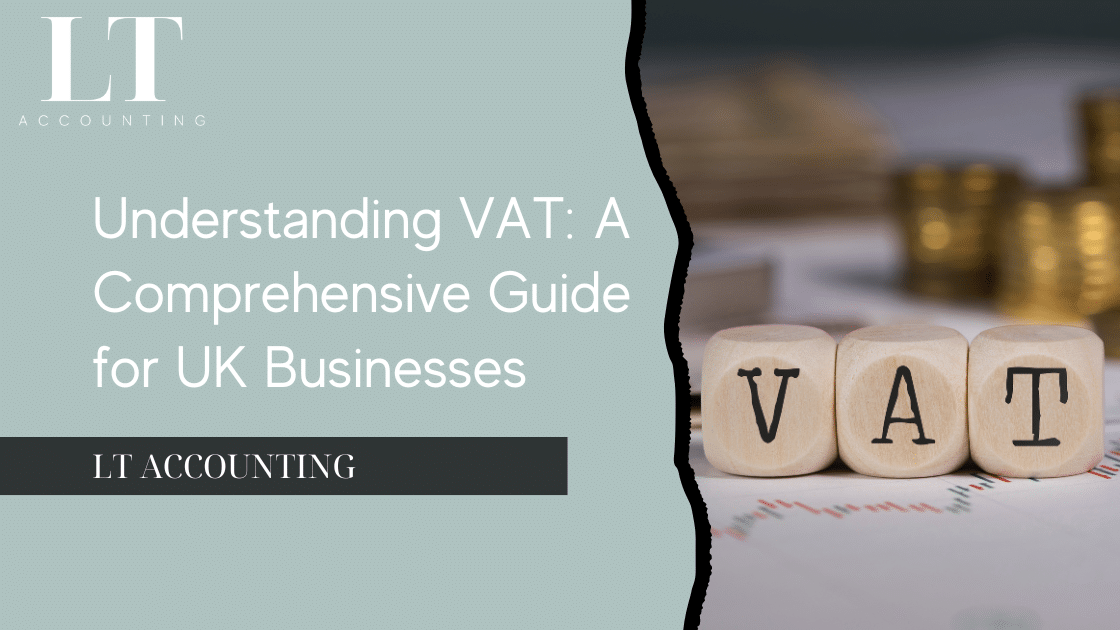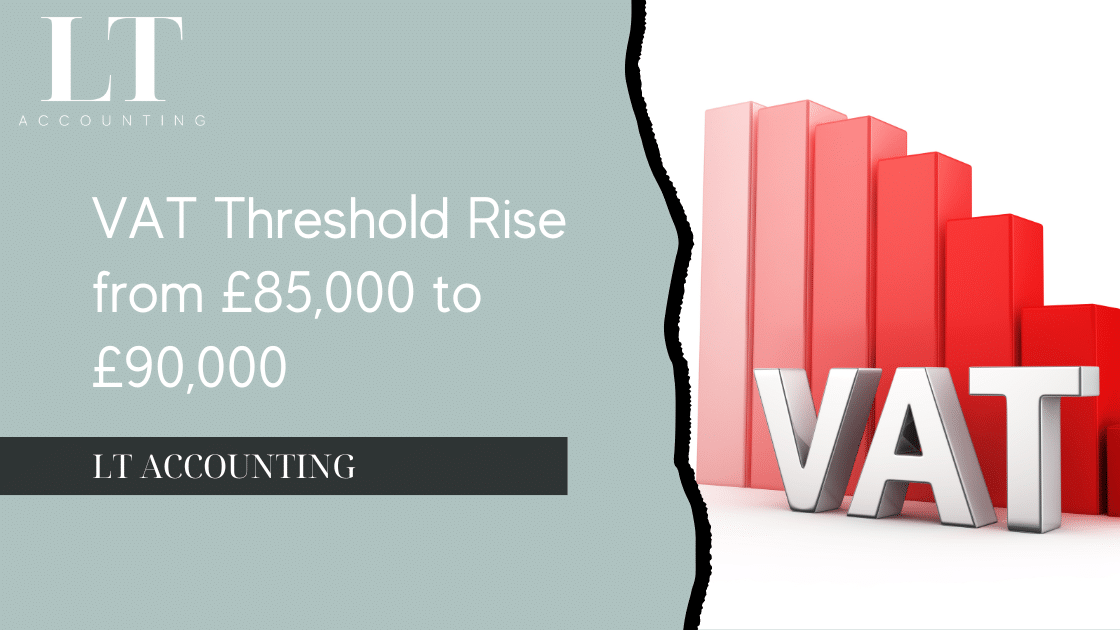Value Added Tax (VAT) is a critical component of the UK tax system, applied to most goods and services. For businesses, it’s not just about collecting VAT from customers but also about ensuring timely remittance to HMRC. Failing to do so can lead to significant financial repercussions, including VAT late payment interest. Understanding these implications is essential for maintaining financial health and compliance with tax regulations.
Understanding VAT Late Payment Interest
VAT late payment interest is a charge applied by HMRC when a business fails to pay its VAT liability by the due date. This interest is intended to compensate the government for the delay in receiving funds that are legally due. The interest rate is set by HMRC and is designed to be both a deterrent against late payments and a fair reflection of the cost of borrowing.
Interest begins to accrue from the day after the payment due date and continues until the VAT is paid in full. This can significantly impact a business’s finances, especially if the overdue amount is substantial or the payment is delayed for an extended period.
Penalties for Late VAT Payments
Beyond interest, HMRC imposes VAT penalties for late payments, which are distinct from interest charges. VAT penalties are designed to penalize non-compliance and encourage businesses to adhere to payment deadlines. The penalties are calculated based on the amount of VAT owed and the length of the delay.
The initial penalty is a percentage of the unpaid VAT, and additional penalties can accrue if the payment remains outstanding. For instance, if a payment is more than 15 days late, an initial penalty of 2% may be applied. If the payment is still not made within 30 days, the penalty can increase, and further penalties can be added for continued non-payment.
How HMRC Calculates VAT Late Payment Interest
The calculation of VAT late payment interest by HMRC is straightforward but can be financially impactful. The interest rate is linked to the Bank of England base rate, plus an additional percentage determined by HMRC. For example, if the base rate is 0.5% and HMRC’s additional rate is 2.5%, the total interest rate applied would be 3%.
Interest is calculated daily on the amount of VAT that remains unpaid. For instance, if a business owes £10,000 in VAT and the applicable interest rate is 3%, the daily interest charge would be approximately £0.82 (£10,000 x 3% / 365). Over a month, this could accumulate to about £25, adding a significant burden on top of the original liability.
Avoiding HMRC VAT Payments Issues
To avoid the financial strain of VAT penalties and interest, businesses must adopt robust practices for managing VAT payments. Key strategies include:
- Accurate Record-Keeping: Ensuring that all VAT-related transactions are accurately recorded and up to date.
- Regular Reconciliation: Periodically reconciling VAT accounts to catch discrepancies early.
- Cash Flow Management: Maintaining a buffer in cash flow to cover VAT payments, even during lean periods.
- Automation: Using accounting software to automate VAT calculations and reminders for payment due dates.
- Professional Advice: Consulting with an accountant to navigate complex VAT issues and ensure compliance.
What to Do If You Miss a VAT Payment
If a business anticipates that it will miss a VAT payment, it is crucial to act swiftly. Contacting HMRC proactively can sometimes lead to more favourable outcomes. Here are steps to take:
- Inform HMRC: Let them know as soon as possible about the payment issue.
- Payment Plan: Discuss the possibility of arranging a payment plan to spread the cost over a period.
- Time to Pay Arrangement (TTP): This is a formal arrangement with HMRC to pay the outstanding amount over an agreed timeframe.
- Mitigating Penalties: In some cases, businesses can appeal against penalties, especially if there are extenuating circumstances like severe financial hardship.
Appealing Against VAT Penalties and Interest
If a business believes that a VAT penalty or interest charge has been incorrectly applied, they can appeal against HMRC’s decision. Valid grounds for appeal include genuine mistakes, incorrect application of the law by HMRC, or reasonable excuses such as serious illness or unforeseen disasters.
The appeals process involves:
- Submitting a Review: Requesting an internal review by HMRC.
- Tax Tribunal: If dissatisfied with the review outcome, businesses can escalate the matter to a tax tribunal for an independent decision.
- Evidence: Providing thorough documentation to support the appeal, including any correspondence with HMRC, financial records, and details of mitigating circumstances.
Conclusion
Understanding VAT late payment interest and VAT penalties is essential for any business operating in the UK. Timely and accurate HMRC VAT payments are not just about avoiding financial penalties; they are also about maintaining good standing with tax authorities. By implementing robust accounting practices and seeking professional advice when needed, businesses can navigate the complexities of VAT compliance and avoid the pitfalls of late payments.

